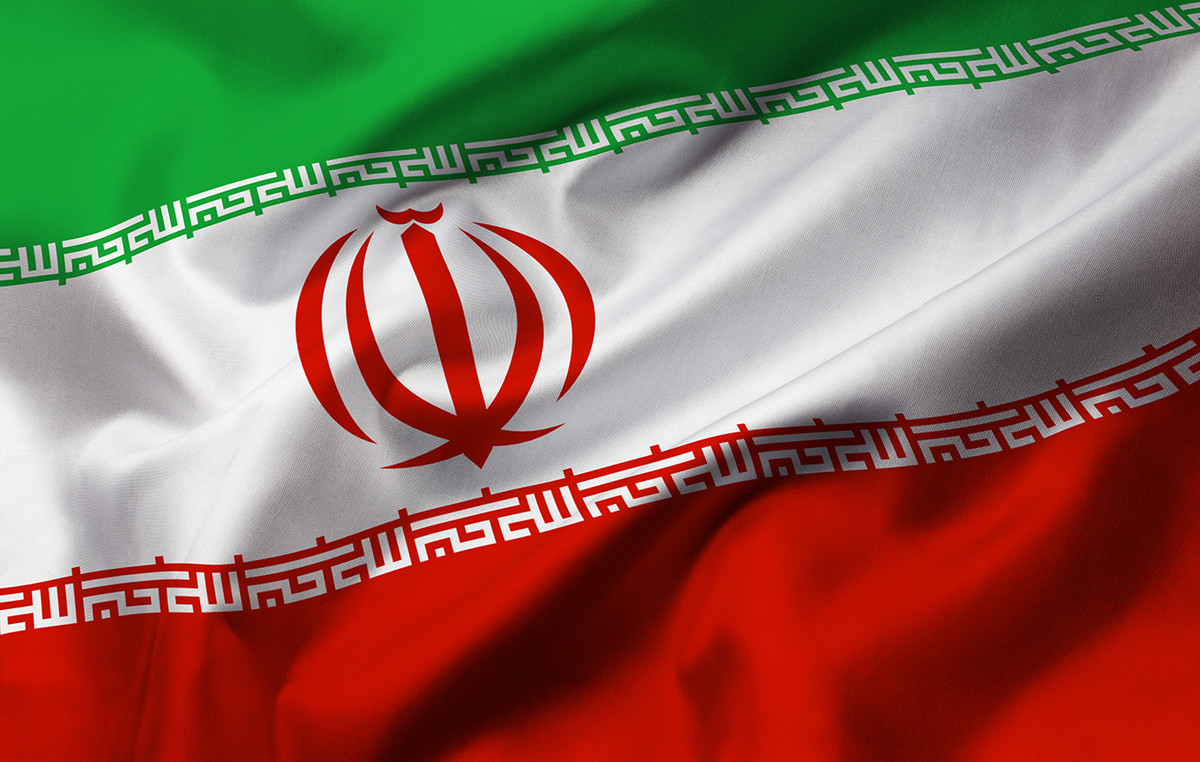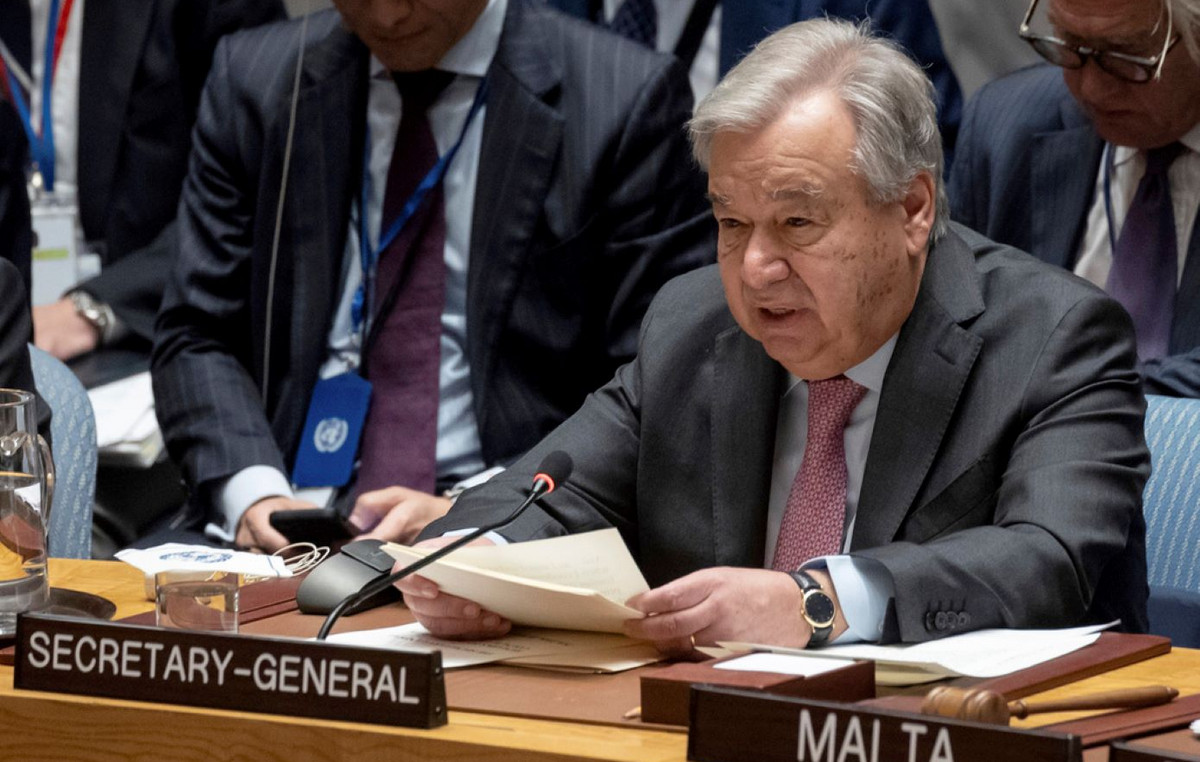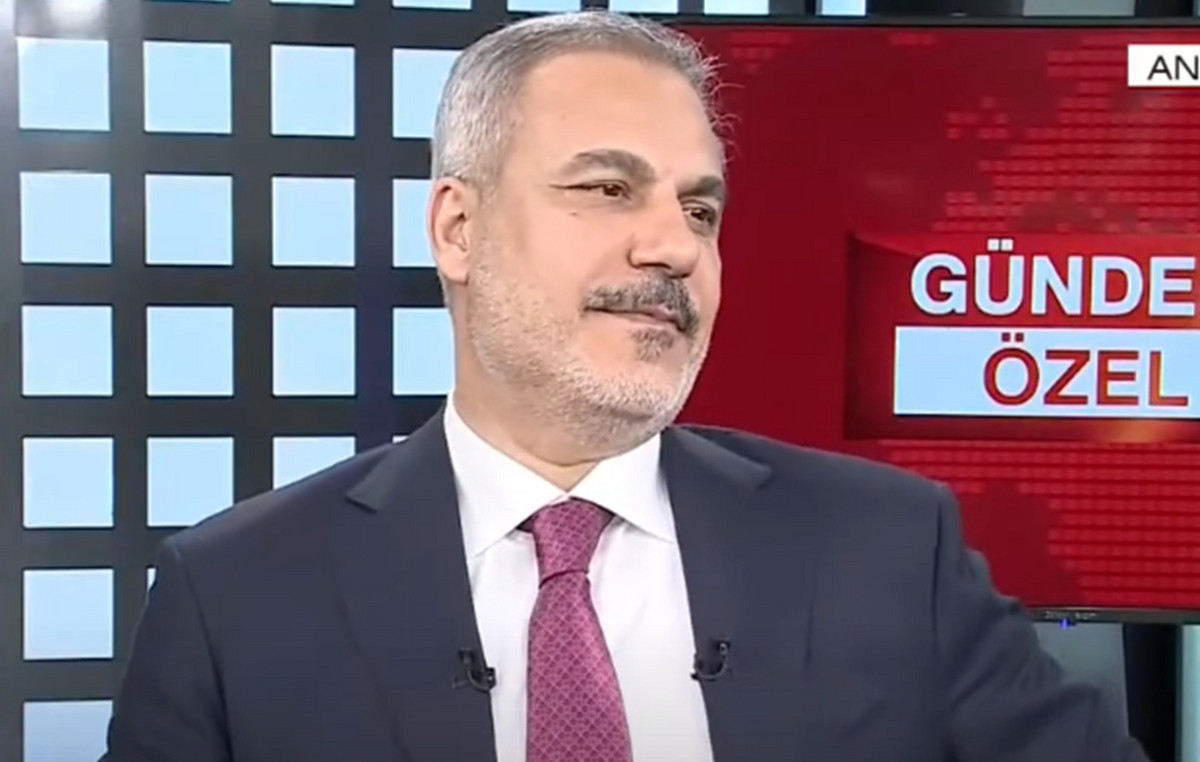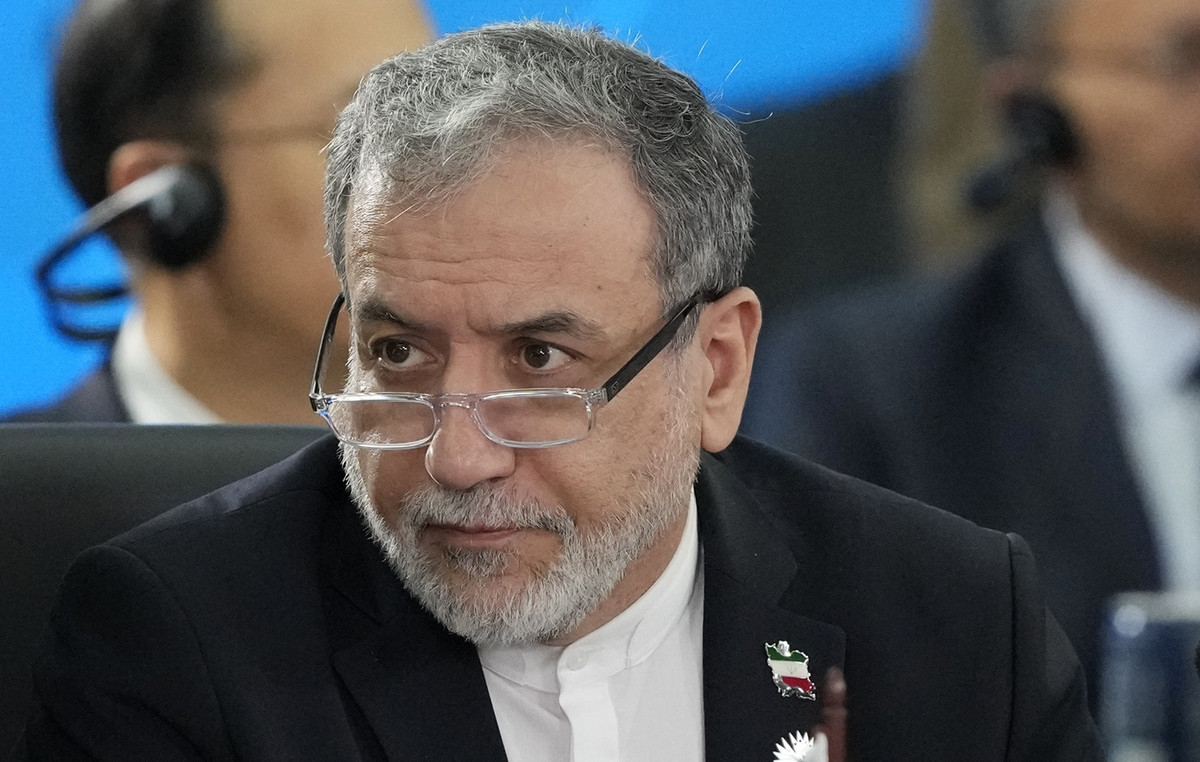
The aviation sector, domestic and international, is responsible for approximately 2% of global CO2 emissions generated by human activities. LATAM, aware of its relevant role in society, has established goals focused on combating climate change, within its sustainability strategy.
Among the goals we can highlight: to have carbon neutral growth in relation to the 2019 baseline, to reduce and offset 50% of domestic emissions by 2030 and to be a carbon neutral company by 2050. And to achieve them, LATAM has implemented consistent measures of reducing and offsetting CO2 emissions to combat climate change.
The most recent measure, carried out in August this year, was the partnership with Biofílica Ambipar, through the project for the conservation of an iconic ecosystem in Brazil: REDD+ Jari-Amapá. This initiative protects 65,000 hectares of forest in the Amapá municipalities of Laranjal do Jari and Vitória do Jari, in the middle of the Amazon. LATAM acquired 10,000 carbon credits that will help prevent deforestation and develop the “standing forest” economy, preserving around 2,500 trees in Amapá.
The main objective of the Jari-Amapá REDD+ project is to promote forest conservation and reduce potential greenhouse gas (GHG) emissions. This economic development model is directly associated with conservation, improvement of carbon stocks and better forest management, avoiding deforestation and forest degradation, and promoting benefits to the climate, communities and local biodiversity.
With the potential to reduce 3,450,270 tCO2eq of greenhouse gas emissions over 30 years, the Jari-Amapá REDD+ project guarantees the maintenance of ecosystem services, protects High Conservation Value Areas (HCVA) and promotes the conservation of biodiversity, which includes a portion of endemic species, more than 2,000 species of animals, of which 133 are threatened with extinction, such as the jaguar, the Amazonian manatee and the giant anteater, and 340 species of flora, of which 54 are threatened.
In addition, 33 families benefit from technical assistance and rural extension services, with training focused on production, social organization, cooperativism, leadership and financial management. All these families work with subsistence family farming and agroextractivists, serving as an ecological corridor that connects different Conservation Units (CUs). Professional development makes them an essential part of the project, which encourages forest conservation through the sustainable extraction of forest products (such as açaí), generates local income and promotes social well-being, reducing rural exodus and social marginalization urban development, and the conservation of biodiversity and promotion of related scientific research.
The project contributes to six Sustainable Development Goals (SDGs) of the United Nations (UN) and is verified and validated by the main international standards for certification of forestry projects: the Verified Carbon Standard (VCS) and the Climate, Community & Biodiversity Standards (CCBS).
According to Jerome Cadier, CEO of LATAM Brasil, “We are just at the beginning of our journey to identify collaborative projects to conserve and offset iconic ecosystems such as the Brazilian Amazon. Our challenge is to identify and make alliances with projects that not only capture or remove CO2, but also bring co-benefits to all.”
Source: CNN Brasil
Bruce Belcher is a seasoned author with over 5 years of experience in world news. He writes for online news websites and provides in-depth analysis on the world stock market. Bruce is known for his insightful perspectives and commitment to keeping the public informed.








